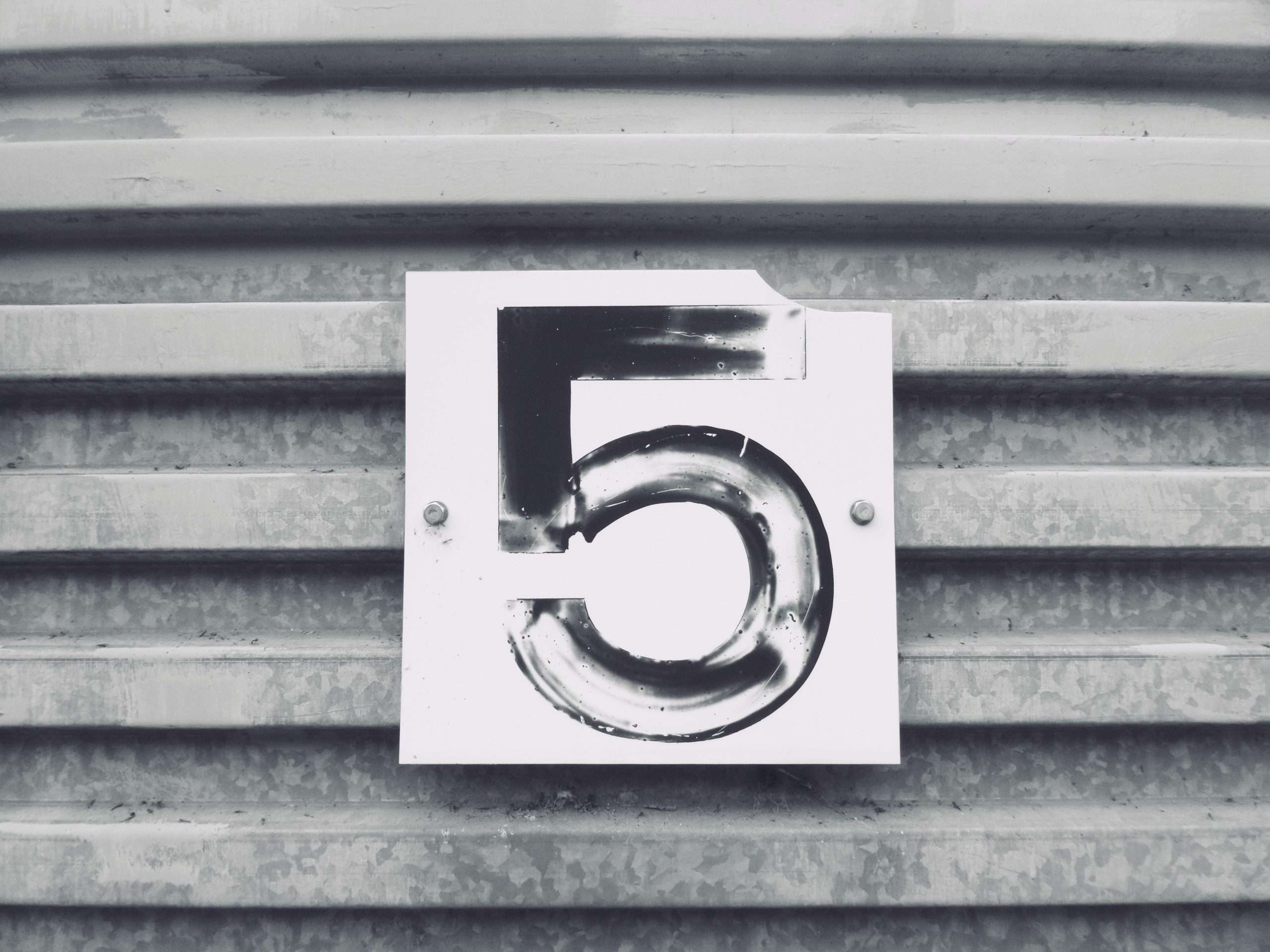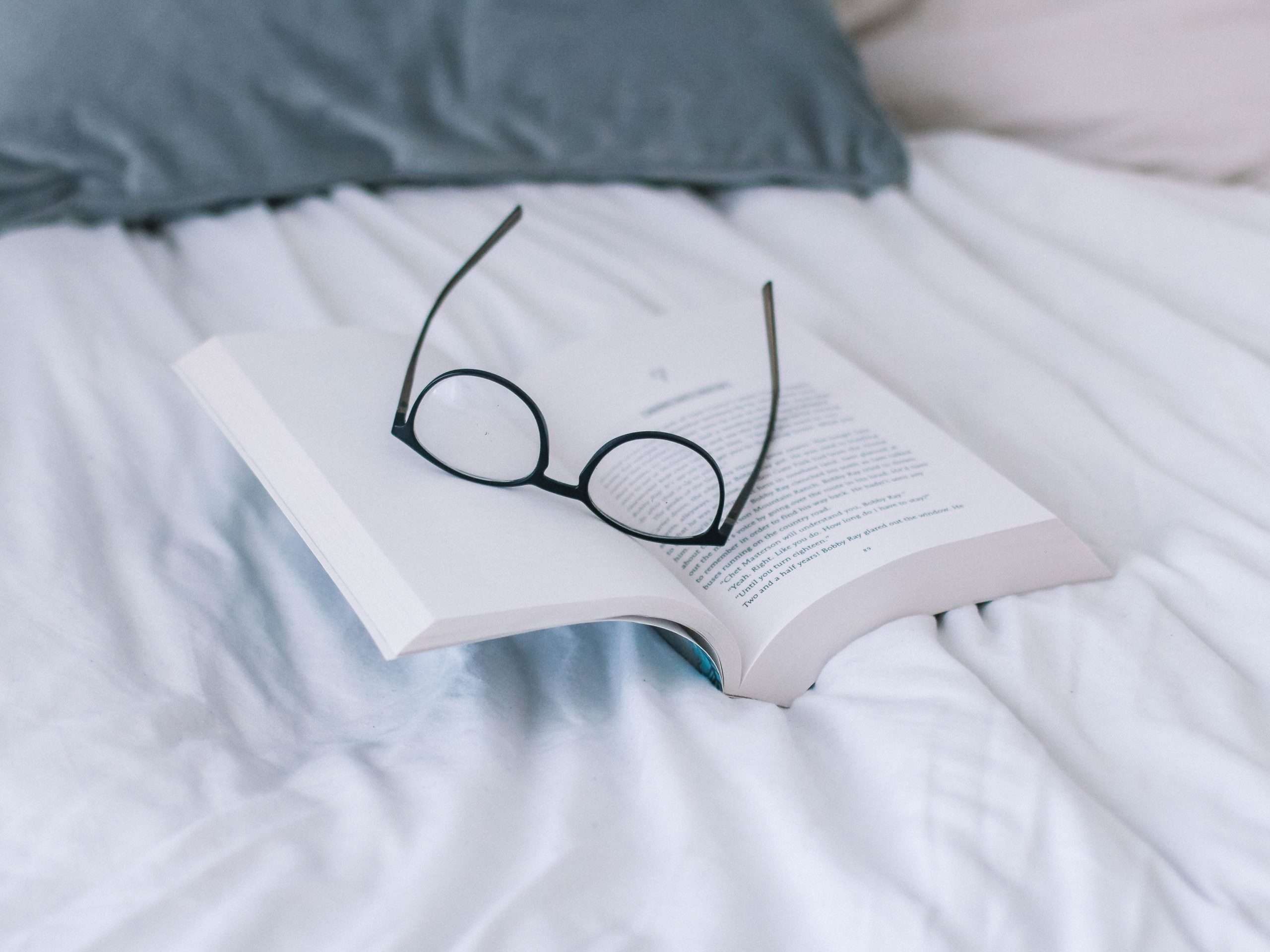 0
0
5 Surprising Triggers of Anxiety: How to Identify and Manage Them
Singapore
May 14 2023
Anxiety is a complex condition that affects millions of people worldwide. While some triggers of anxiety are well-known, there are also many triggers that may come as a surprise as they may not be immediately obvious or may be easily overlooked. In this post, we’ll explore five surprising triggers of anxiety and provide tips on how to identify and manage them.
Social Media
Endless scrolling and mindless watching can be entertaining. But social media can be a source of stress and anxiety for many people. The constant stream of information, the pressure to present a perfect image, and the fear of missing out (FOMO) can all contribute to feelings of anxiety. While many people may be aware that social media use can contribute to stress, depression, and anxiety, they may not recognize the extent to which these platforms can impact their mental health.
It’s essential to be mindful of how much time you spend on these platforms and to set healthy boundaries for yourself in managing social media-related anxiety. Consider limiting your social media use to a set amount of time each day, unfollowing accounts that make you feel anxious or inadequate, and engaging in activities that bring you joy outside of social media.
Multitasking
Many of us pride ourselves on our ability to multitask and believe multitasking is an effective way to get more done in less time. But the reality is that multitasking can lead to increased stress and anxiety. When we try to do too many things at once, we can feel overwhelmed and anxious, making it harder to focus and be productive. Imagine putting in all your effort to do more yet it achieved much less than expected.
You can try to prioritize your tasks and focus on one thing at a time to manage anxiety related to multitasking. You may find that you are more productive and less anxious when you allow yourself to focus on a single task before moving on to the next. At the end of the day, we are a human with one brain, unlike an octopus with nine.
Coffee
Come on, who doesn’t like coffee? A cup of coffee to keep us going for the day. However, coffee contains caffeine, a stimulant that can contribute to feelings of anxiety and panic. While some people may be more sensitive to caffeine than others, it’s essential to be aware of how much caffeine you consume and how it affects your anxiety levels. If you notice that caffeine makes you feel jittery or anxious, consider reducing your intake or switching to decaf.
Procrastination
Procrastination is a common behaviour that can lead to increased stress and anxiety. A few common phrases we tell ourselves, “I will do that later” or “The deadline is still some time away”, sometimes do not sound harmful at all. But often, when we put off tasks, we may worry about not getting them done on time or feel guilty about not being productive.
Anxiety related to procrastination can be managed by breaking tasks down into smaller, more manageable steps. Set achievable goals, and remember to reward yourself for completing each step. You may find that taking small, consistent actions helps you to feel less anxious and more productive in the long run.
Perfectionism
Perfectionism is a common trait among people with anxiety. Interestingly, perfectionism is a trait that many people value. Still, they may not realize the extent it can contribute to anxiety and stress. While it’s natural to want to do our best, striving for perfection can be harmful to us.
To manage anxiety related to perfectionism, try to reframe your thinking. Instead of striving for perfection, aim for progress. Celebrate your successes, no matter how small, and be kind to yourself when things don’t go as planned. Remember, everyone makes mistakes, and no one is perfect.
In short
In summary, while anxiety can be triggered by many things, it’s important to be mindful of some of these triggers as they may unknowingly affect your daily life. Identifying and managing anxiety triggers is an essential step in managing the condition. By being mindful of triggers, you can take the necessary steps to reduce your anxiety levels and live a more peaceful life.
Lastly, for anyone struggling with anxiety, consider reaching out to our mental health clinicians for additional support and guidance. We are here to assist you in managing your anxiety and living your best life.
Learn more about the symptoms of anxiety on our Instagram!
Related articles
Voices of Anxiety: Exploring the Top 3 Phrases We Encounter in Anxious Individuals
If you like what you read, follow us on Facebook, Instagram or LinkedIn to get the latest updates.
Have a question? Reach out to us through our contact form or WhatsApp.
Want to speak to our clinicians? Book your appointment here!

Join Our Newsletter
Subscribe to our newsletter and receive daily updates & promotions!





